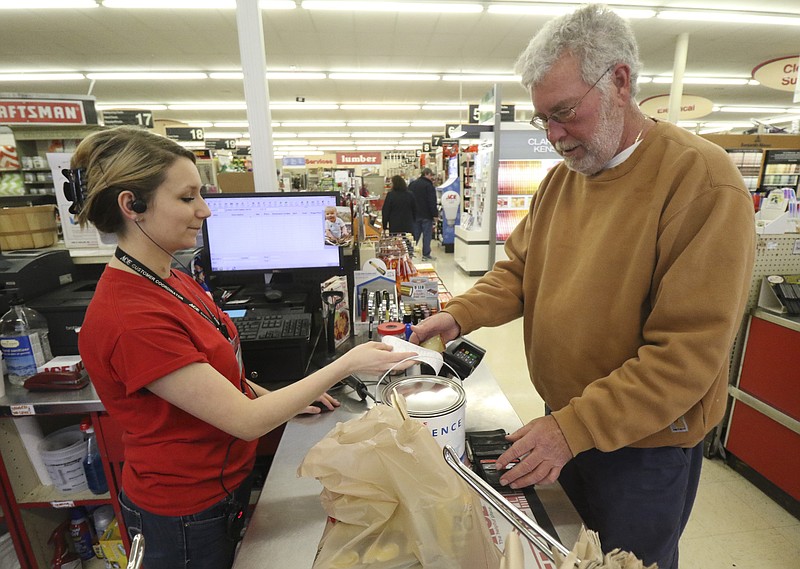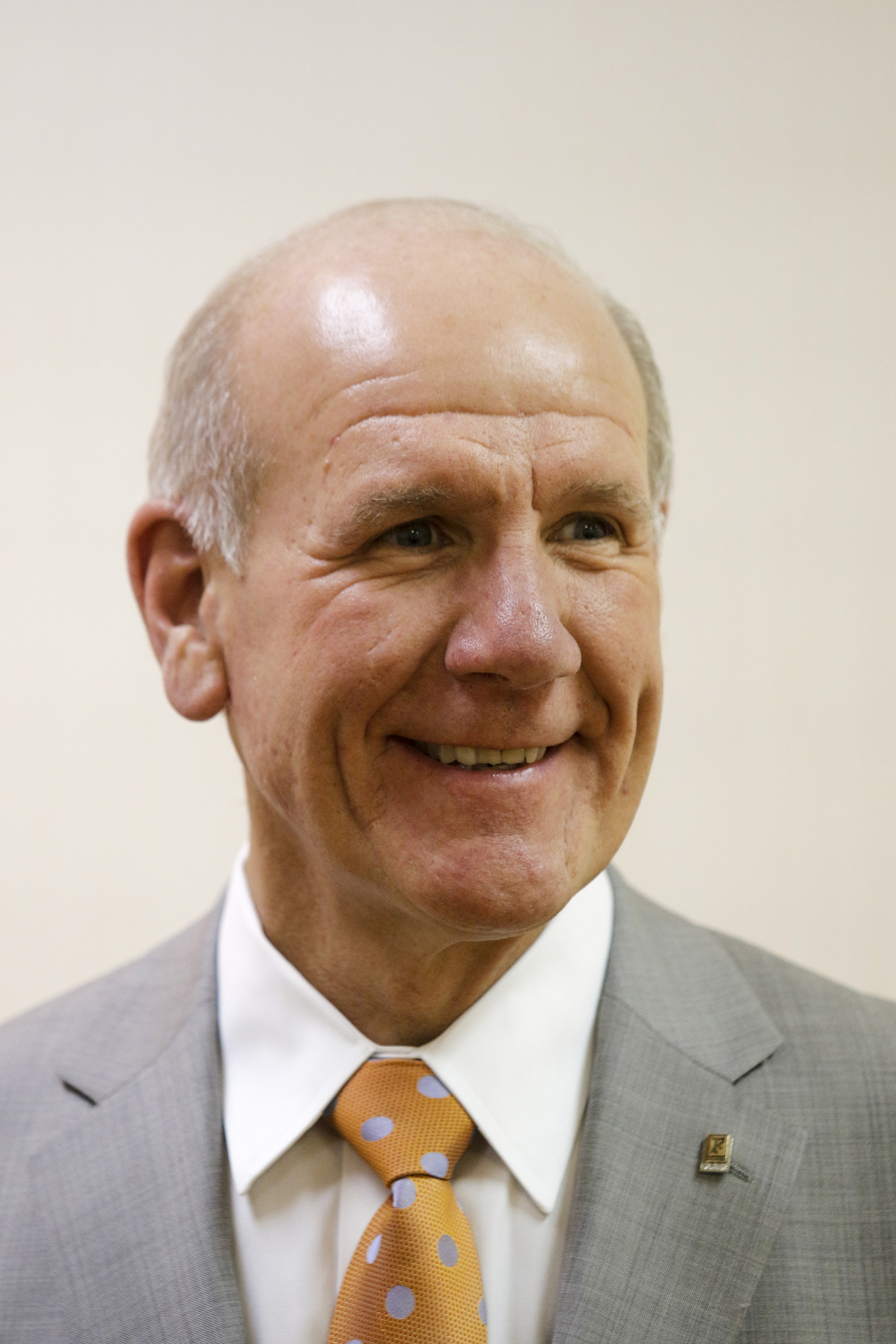Tennessee retailers and banks are squaring off over a bill in the Legislature that would remove a fee that credit card companies put on state and local sales taxes when a consumer makes a buy.
At stake is more than a $100 million that grocers, restaurants, and other retailers could keep rather than send to financial institutions, said Rob Ikard, president and chief executive of the Tennessee Grocers & Convenience Store Association.
"For us, it's a fairness issue," he said. "This would be a real boon to the restaurant and lodging industry, entertainment venues, and tourist attractions who are really suffering in the pandemic."
But the Tennessee Bankers Association said it stands "very much opposed" to the bill becoming law.
"It would affect any financial institution, banks and credit unions," said Amy Heaslet, the group's executive vice president and general counsel, adding that the bill would be impractical to implement if it passes.
When a buyer makes a purchase using plastic, the credit card company or issuing financial institution charges a so-called swipe fee, often 2% to 4%, to the merchant. Currently, the fee is charged not only on the cost of the goods but on the state and local sales taxes on the purchase.
The bill would remove the fee on the tax amount, or the financial institution would be required to issue a rebate back to the retailer, its backers said.
The measure has arisen as more people than ever are making purchases using credit cards during the pandemic.
Steve Smith, president and CEO of grocer Food City, said that well over 70% of transactions at retailers now are by consumers using credit or debit cards, up from 60% before the pandemic.
"It would let Tennessee businesses keep the money at home and it not going off to banks," he said. "It would help people reinvest in businesses to create more Tennessee jobs."
State Rep. David B. Hawk, R-Greeneville, who introduced H.B. 375, also cited the issue of fairness. He said many businesses "are going backwards" in terms of being able to meet their financial obligations.
Hawk said that under the bill transactions at the retail level could be tweaked to make it possible to implement it.
"There are several ways to handle that," he said.
Heaslet said the fees charged to the merchants are used to offset the costs banks see associated with the use of credit cards. If there's any fraud in the use of a card, there's still a guaranteed payment to the retailer, she said.
"It's up to the customer's bank to make them whole," Heaslet said. "It comes out of our pocket."
She said there's nothing requiring merchants to take plastic.
"They could go back to the old ways of taking cash or check," Heaslet said, adding that people enjoy the efficiency of using plastic and that the fee charged to the retailer is "a small price to pay."
Ikard said credit card companies are making billions of dollars on swipe fees on the sale of goods and services.
"They're doing quite nicely," he said.
Ikard said the state could get "a real shot in the arm" if the bill became law.
Smith said the bill is "real pertinent" amid the pandemic, especially for hard-hit businesses such as hotels, restaurants and the amusement industry.
"It would really help them a lot," he said. "It could help them stay in business."
He termed the fee "a big financial burden."
Hawk said the bill was introduced last year as well as in the current legislative session. It has been assigned to the House banking and consumer affairs subcommittee of the body's commerce committee.
Ikard said that when the bill and "the fairness impact" was explained to legislators, "we saw light bulbs go off. We were so encouraged we brought it back this year."
Heaslet said there are about a half dozen other states where similar legislation has been filed, noting a bill was bought a couple of days ago in Alabama, but there's nothing in Georgia. She said several of the states have defeated the legislation.
Contact Mike Pare at mpare@timesfreepress.com. Follow him on Twitter @MikePareTFP.

